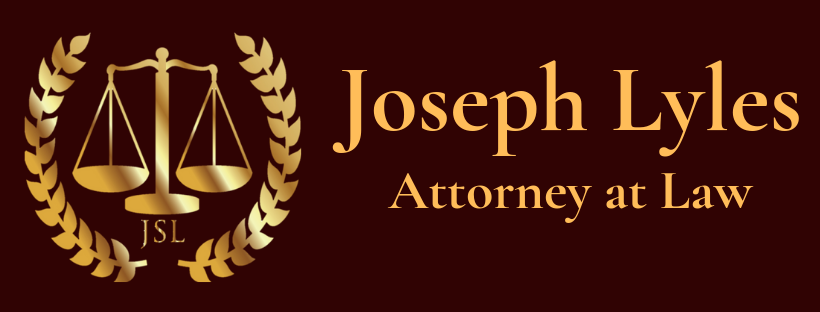Last Will & Testament
To grasp the significance of a Last Will & Testament (Will), you need to understand what happens to your property after you die. Upon your death you no longer “own” anything, but, of course, all the things you owned at the time still exist. The creates an entity called an “estate” that owns all your stuff.
It is useful to think of an estate as a small business.The first procedure that needs to happen after someone passes is for the Probate Court to appoint someone to act as the boss of the small business called the estate. This person was traditionally called the Executor, but now in many states the boss is called the Personal Representative (PR).
The PR doesn’t own the property in the estate, but he or she controls it and is responsible for safeguarding it. Additionally, the PR will have to complete a lot of Probate Court forms. such as an inventory and an accounting. The PR must deal with any bills presented to the estate and may even have to litigate the merits of the creditor’s claim for payment.
One issue that a PR has to resolve is what property belongs in the estate. The deceased may have only been one of two or more owners of a particular item of property. Ownership of an item of personal property that has no written title can be contested. And the deceased may have been the legal titleholder of an automobile or piece of real estate, but someone else may assert equitable title to the property.
Family members often take possession of items in the home of the deceased and the PR may have to take legal action to get possession of them for the estate.
Generally, the PR who is appointed by the Probate Court is the person who is nominated in the Will of the deceased. If no Will is filed with the Probate Court, the closest family member who requests the appointment is chosen.
The estate remains open until the limited time period for submission of creditors’ claims has run and all legal and tax issues have been resolved. The remaining assets in the estate are divided among the heirs of the deceased as set-forth in the Will or as designated by the applicable state laws. The final accounting paperwork and closing forms are completed and filed with the Probate Court and if all is done to the Court’s satisfaction an order is issued by the Court declaring the estate closed.
